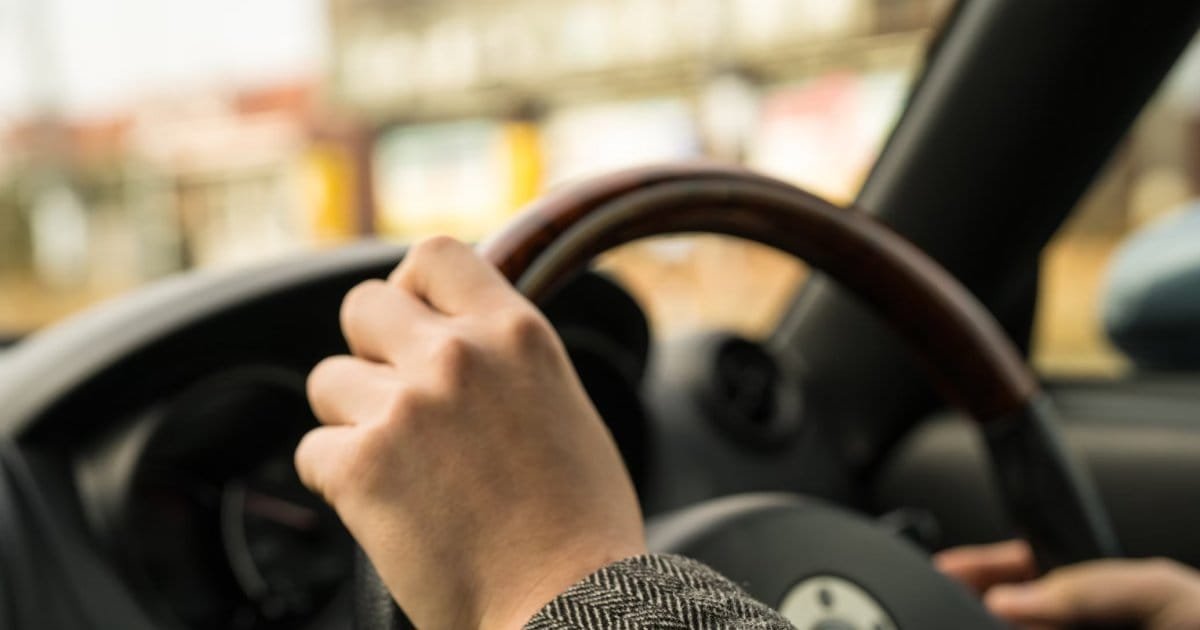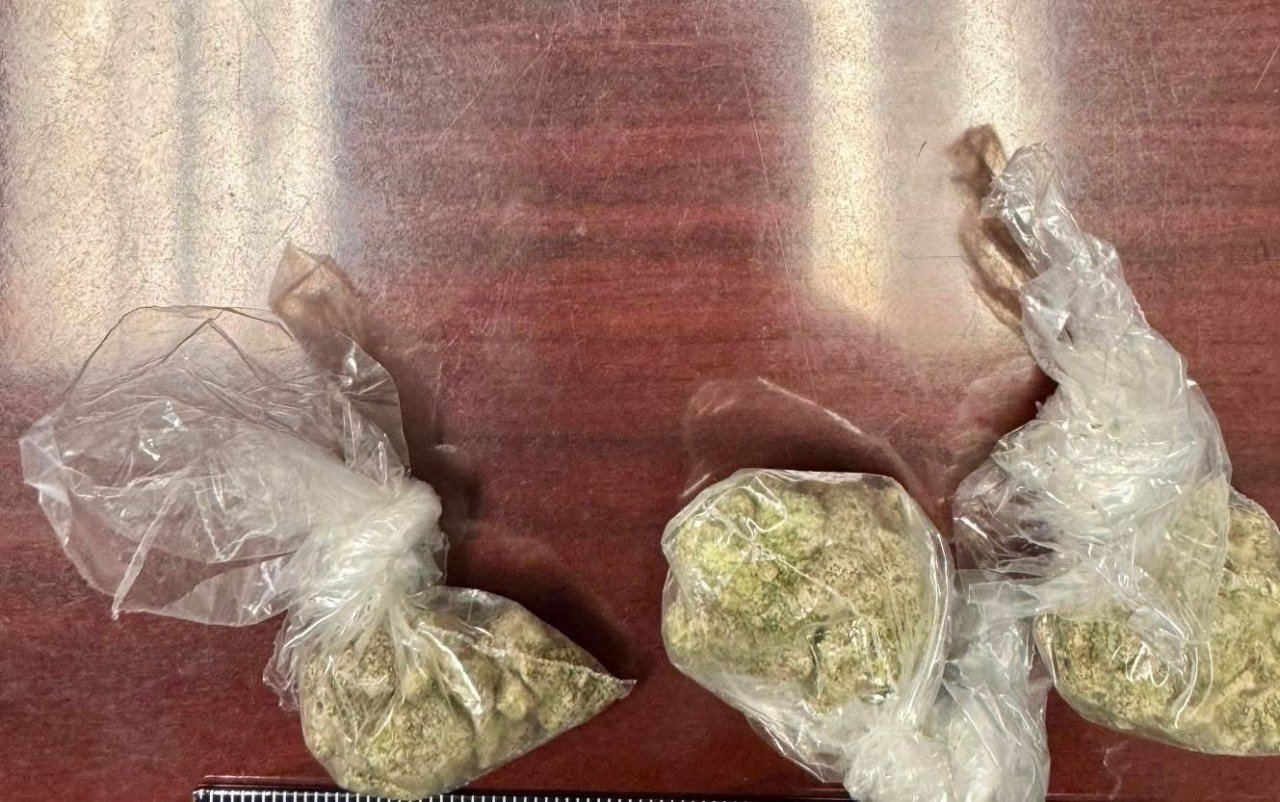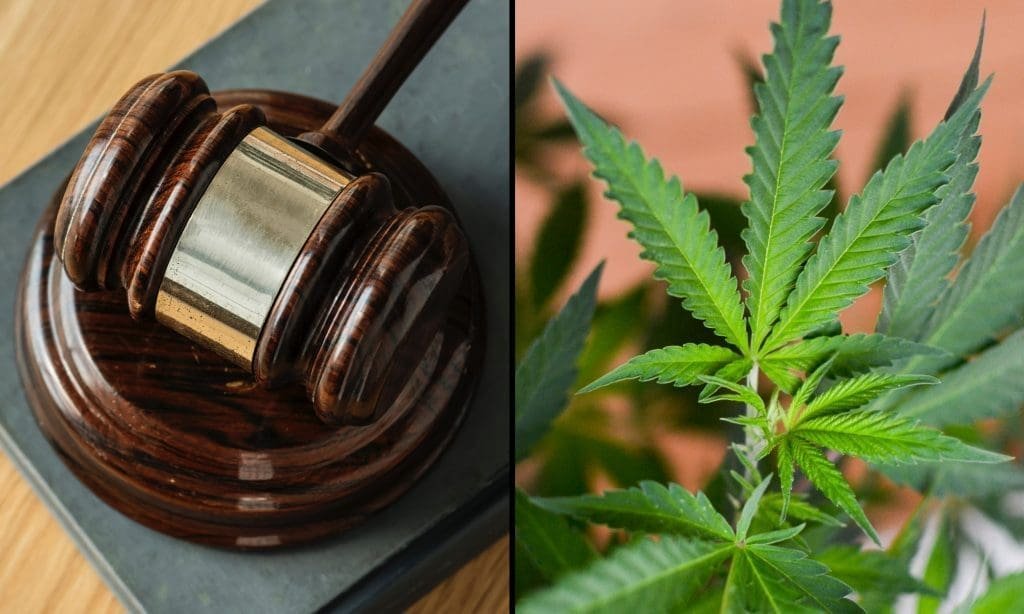The CEO of Penington Institute has reached out to several Australian premiers and chief ministers, calling for changes to road laws affecting medical cannabis users. Currently, in most Australian states and territories, it is illegal to drive with any detectable level of THC, even if the cannabis has been legally prescribed and used as directed. This contrasts with prescription drugs like morphine, where driving is allowed as long as the driver is not impaired.
Medical cannabis patients face additional difficulties because THC can remain in their system for weeks after use. This situation forces them into a tough position: they must choose between continuing their medication, risking a driving ban, or facing potential legal repercussions. This issue also affects patients who use CBD products, as these may contain trace amounts of THC.
There is a growing movement advocating for medical cannabis to be treated like any other prescription medication regarding driving. Penington Institute CEO John Ryan has joined this cause, sending letters to government leaders in Western Australia, Northern Territory, Queensland, New South Wales, Australian Capital Territory, and South Australia. The Penington Institute promotes effective strategies to enhance community health and safety concerning drug use.
Ryan emphasized that while impaired driving is dangerous, patients using medicinal cannabis as prescribed and who are not impaired should not pose a safety risk. He believes these individuals should be treated fairly under the law.
In Victoria, there have been some initial steps to address this issue. Changes to the Road Safety Act 1986 were made in November of last year, giving courts more discretion in cases involving medical cannabis patients who have valid prescriptions and are not impaired. However, it remains illegal to drive with detectable THC levels.
Additionally, the Victorian Government has launched a medical cannabis road safety trial, with results expected to be available by mid-next year. Interestingly, Tasmania is the only state where it is not an offence to drive with detectable THC, provided the cannabis was obtained and used according to the Poisons Act 1971.




